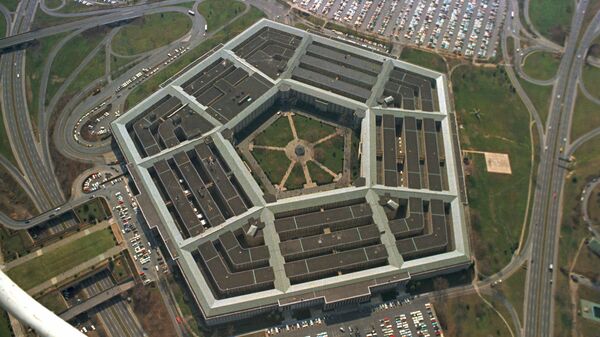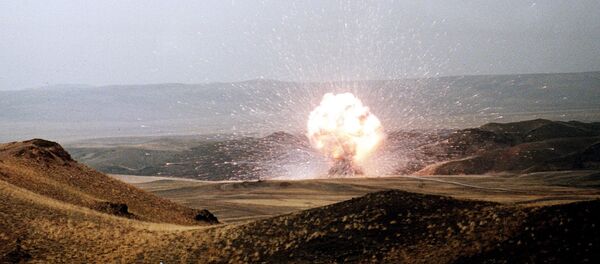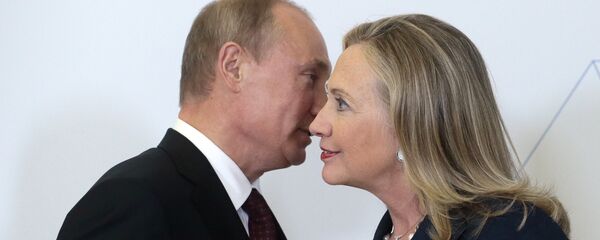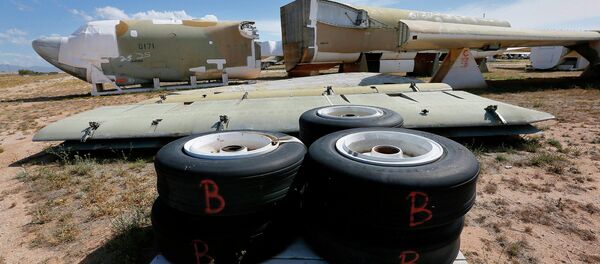"I think that we definitely should willingly engage in arms control dialogue with Russia. It would be certainly more useful to have multilateral negotiations. This administration is certainly interested in pursuing arms control dialogue, there is no question about that […] Frankly right now when it comes to Russia, we don’t see a lot of enthusiasm for engagement in that kind of dialogue. As far as China concerned, I don’t see a lot of enthusiasm on their part either", Roberts said at the ongoing Nuclear Deterrence Summit on Thursday.
"This administration is willing and able to enter into the dialogue and see if there are ways in which we can reduce numbers of weapons", Roberts pointed out.
READ MORE: NATO Preparing Measures if INF Treaty Terminated — Stoltenberg
Earlier in February, US Secretary of State Mike Pompeo announced that the United States had suspended its obligations under the the Intermediate-Range Nuclear Forces Treaty (INF Treaty) and triggered the six-month withdrawal process unless Russia comes back into compliance with the pact. Russian President Vladimir Putin said that Moscow had suspended its participation in the treaty in response to Washington's actions.
The INF Treaty, which was signed by the United States and the Soviet Union in 1987 and banned all ground-launched missiles with ranges of 310 to 3,400 miles (500 to 5,500 kilometres), has recently become another contentious point in the relationship between the United States and Russia.
READ MORE: Russian Ambassador in Germany Urges Berlin to Be More Objective on INF
Former Soviet leader Mikhail Gorbachev, who signed the treaty in 1987, has repeatedly called on Washington to engage in dialogue with Russia for the sake of preventing a destabilisation of the global security situation.
"We did everything to keep this agreement, we were absolutely open. We showed everything that we had going. But to this, naturally, they did not provide any response. As to all those points that we proposed to them… naturally, we responded reciprocally", Shoigu told reporters Thursday, answering the question whether it would be possible to somehow save the INF Treaty.
READ MORE: Activist on US Plan to Quit INF Treaty: Trump Wants to Be 'Boss Man' Globally
Last week, Russian Deputy Foreign Minister Sergei Ryabkov said that there is less and less time to renew the New Strategic Arms Reduction Treaty (START). The senior diplomat added that any new Russia-US negotiations on the treaty should take into account the military potential of other states. Moreover, Moscow believes that different political forces in Washington could use the issue of extending the New START Treaty to their advantage during the 2020 presidential campaign in the US, according to Ryabkov.
The aggregate limits of the Treaty restrict the United States and Russia to 1,550 deployed strategic warheads each. The Treaty also includes an aggregate limit of 800 deployed and non-deployed ICBM launchers, SLBM launchers, and heavy bombers equipped for nuclear armaments. Within that limit, the number of deployed ICBMs, SLBMs, and heavy bombers cannot exceed 700.
The next session of the Bilateral Consultative Commission under the US-Russia New START Treaty will be held in April, Ryabkov said Tuesday.
READ MORE: US Freeze on Open Skies Co-op With Russia Jeopardizes START Treaty — Scholars







